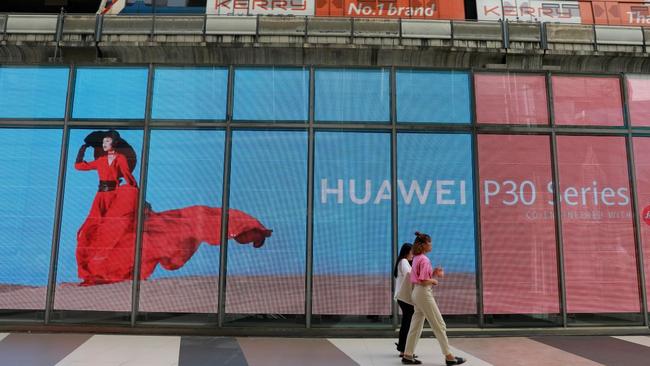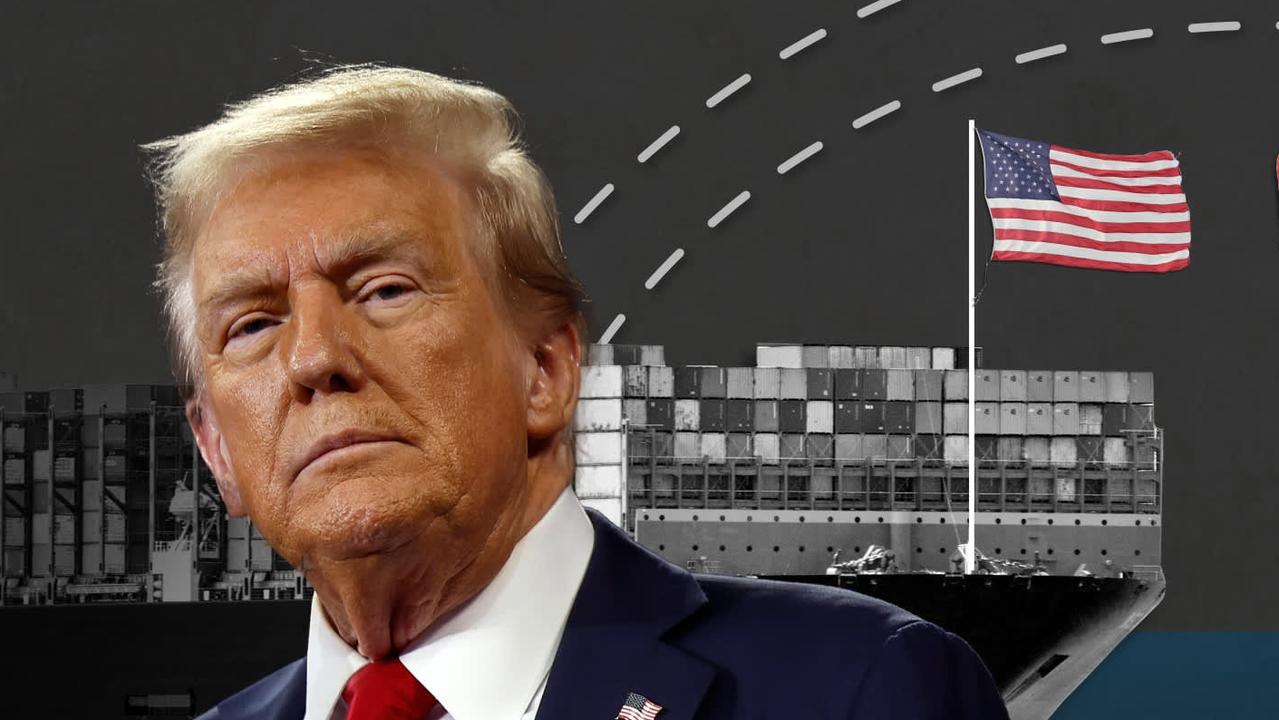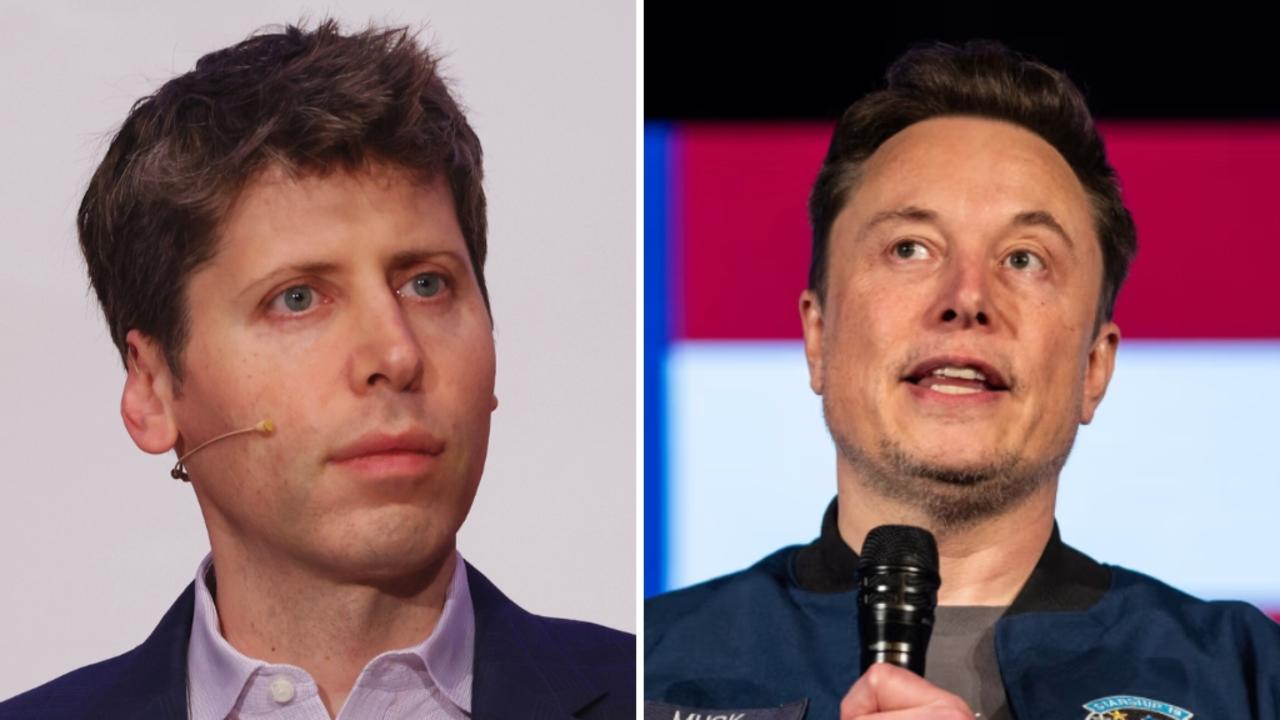Huawei sells stake in undersea-cable company
Huawei plans to sell its majority stake in an undersea-cable venture.

China’s Huawei Technologies plans to sell its majority stake in an undersea-cable venture, in a move that follows a US pressure campaign against Huawei and efforts to block the cable venture’s projects.
Hengtong Optic-Electric, one of China’s biggest makers of electric power and optical-fibre networks, said in a filing with the Shanghai Stock Exchange on Monday that it had signed a letter of intent on Friday to buy the 51 per cent stake in Huawei Marine Systems via cash and share issuance.
The filing didn’t mention a price or give a reason for the deal. Representatives of Hengtong and Huawei Marine didn’t respond to requests for comment. A Huawei spokesman declined to comment.
Washington has raised security concerns about Huawei and the US and some allied officials have pointed to the company’s role in building undersea cables as potentially enhancing China’s ability to spy on or disable communications networks.
Huawei and Huawei Marine have denied that they pose any security threat.
Selling the Huawei Marine stake to Hengtong keeps a strategically important business in Chinese hands. Though the sale potentially insulates the venture from the controversy surrounding Huawei, it is unlikely to quell broader US government concerns that China is trying to expand its global influence, and control of international communications networks, through building what it calls a Digital Silk Road, including undersea cables, terrestrial and satellite links.
Hengtong Optic-Electric is a subsidiary of Hengtong Group, a private company founded by a former soldier turned bootstrap entrepreneur, and the group and its subsidiaries have worked on key government initiatives and with the military.
Hengtong Optic-Electric, according to its website, established a joint research project on underwater optical communications with the People’s Liberation Army’s Naval Engineering University in 2016. Hengtong Group says it received a commendation from the Chinese military for its involvement in China’s space program in 2012.
The parent company is taking part in the government’s Made in China 2025 plan to upgrade the nation’s industries and its Belt and Road Initiative to build a new global infrastructure network, according to the company’s website. Both are sources of tension with the US.


